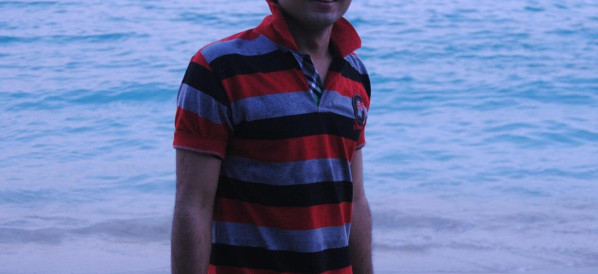 3 词条
3 词条主页 > 词条 > 拉丁美洲西班牙语 (XL) > expresionismo
expresionismo
Specifically, and with a capital letter, the term is associated with modern German art, particularly the Brücke and Blaue Reiter groups, but in this narrow sense is best referred to as German Expressionism. Expressionism as a general term refers to art in which the image of reality is more or less heavily distorted in form and colour in order to make it expressive of the artists inner feelings or ideas about it. In expressionist art colour in particular can be highly intense and non-naturalistic, brushwork is typically free and paint application tends to be generous and highly textured. Expressionist art tends to be emotional and sometimes mystical. It can be seen as an extension of Romanticism. In its modern form it may be said to start with Van Gogh and then form a major stream of modern art embracing, among many others, Munch, Fauvism and Matisse, Rouault, the Brücke and Blaue Reiter groups, Schiele, Kokoschka, Klee, Beckmann, most of Picasso, Moore, Sutherland, Bacon, Giacometti, Dubuffet, Baselitz, Kiefer, and the New Expressionism of the 1980s. It went abstract with Abstract Expressionism.
您想要说什么?
新闻词条
精选词条
fuerza
Entidad que se aplica cuando una masa la causa para acelerar. La Segunda Ley de Movimiento de Sir Isaac Newton establece: la magnitud de una ...


